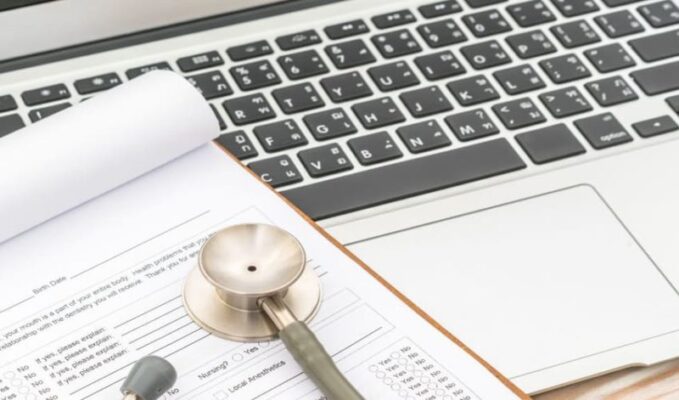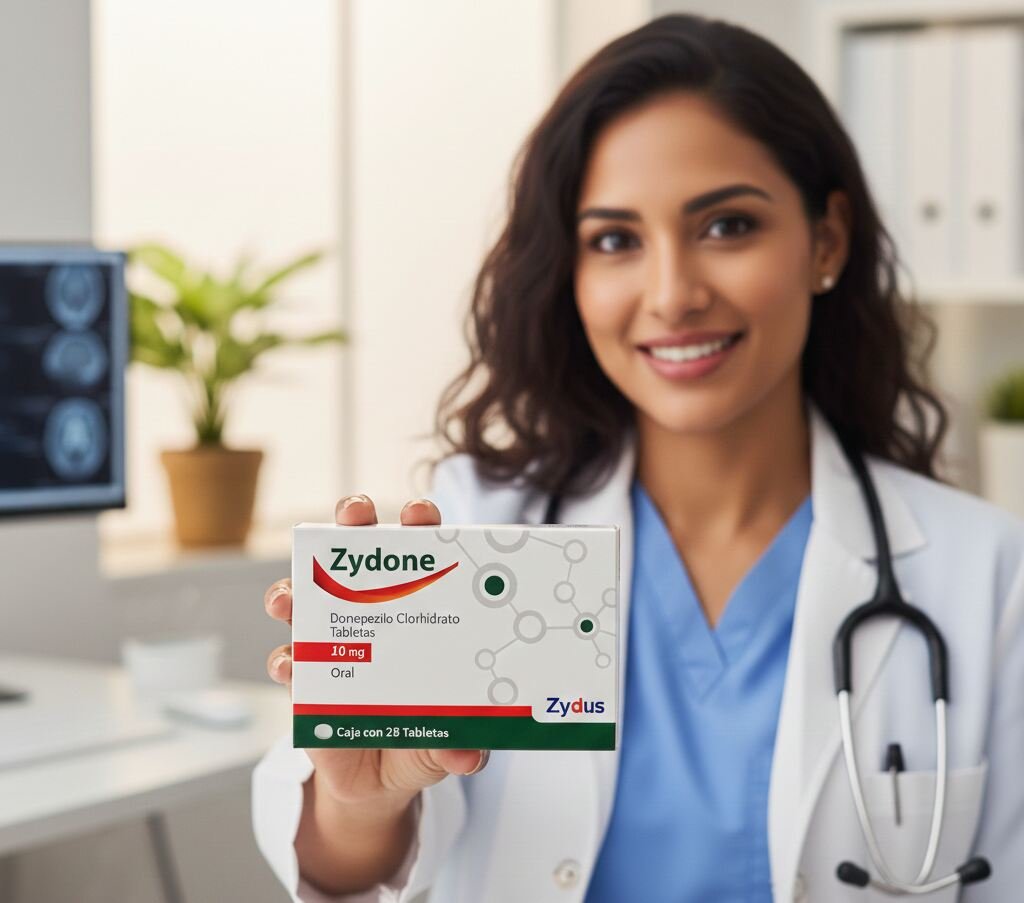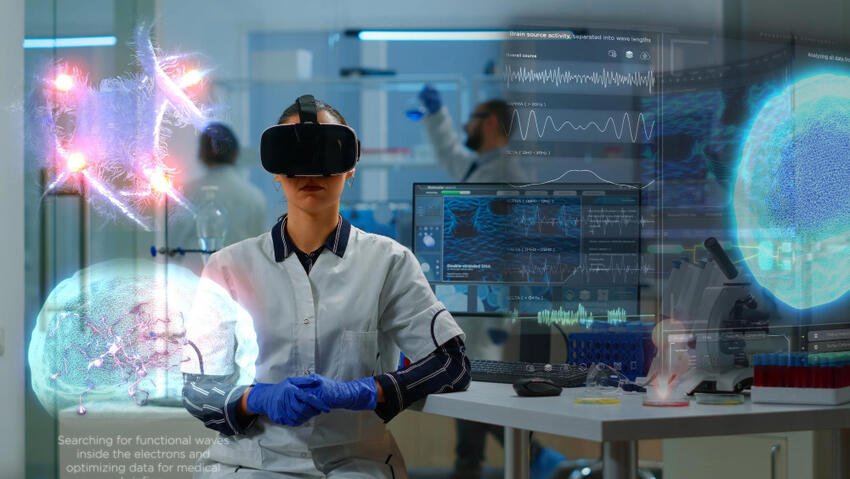The evolution of modern technology means that there are more and more options for us to secure our private information. Sadly, the same evolution also means that there are more and more ways for cybercriminals to trick and trick us into making this information available to them so they can commit fraud.
This is particularly so in the much-targeted medical sector. Cybercriminals have identified your private health information as a sweet spot target as it includes so much unique identifying information. Due to this, it is crucial that you ensure that you have every locked down and secured to prevent access from undesirable individuals.
The information that is saved by healthcare providers and insurance companies in digital format includes family history, appointment details, a record of treatments, sickness and injury experienced and other private health information. This data allows for the management of your health in an efficient and professional manner.
However, it is important that the only people who can access are those with the correct permissions. There must be full security and the Healthcare Insurance Portability and Accountability Act of 1996, and subsequent amendments must be adhered to. If it is not those responsible could face costly financial sanctions.
There are a number of ways that you can seek to protect your information and safeguard it from being stolen. Firstly, you have the right to access your information so you should do so and check to see if there are any mistakes in relation to you. You can also request changes to any incorrect information. It is important that you review any online platforms linked to your healthcare provider accounts. If a profile is left blank then there is a chance that a cyber-criminal could register themselves on it and use your policies to obtain treatments in your name and at your insurance company’s cost.
Secondly, you can limit access to your information. If you contact the organization and stipulate that only their staff and medics can see the information pertaining to you then they have to make this so. Some groups share private information for collaboration or marketing purposes. You can ask that this is not allowed for fear of the information being used improperly.
If they are implemented and configured correctly, digital solutions have the ability to warn you of any attempted theft of your private health information. This is important as, if you leave it to a large-scale organization to track potential breaches then something may be missed.
If possible, the files that are holding your information should be encrypted to prevent anyone without the decryption key from reading their contents.
If it is harnessed correctly then technology can give you a reassuring amount of security in relation to the private health information that is being held on you by all organizations.
Read Dive is a leading technology blog focusing on different domains like Blockchain, AI, Chatbot, Fintech, Health Tech, Software Development and Testing. For guest blogging, please feel free to contact at readdive@gmail.com.





